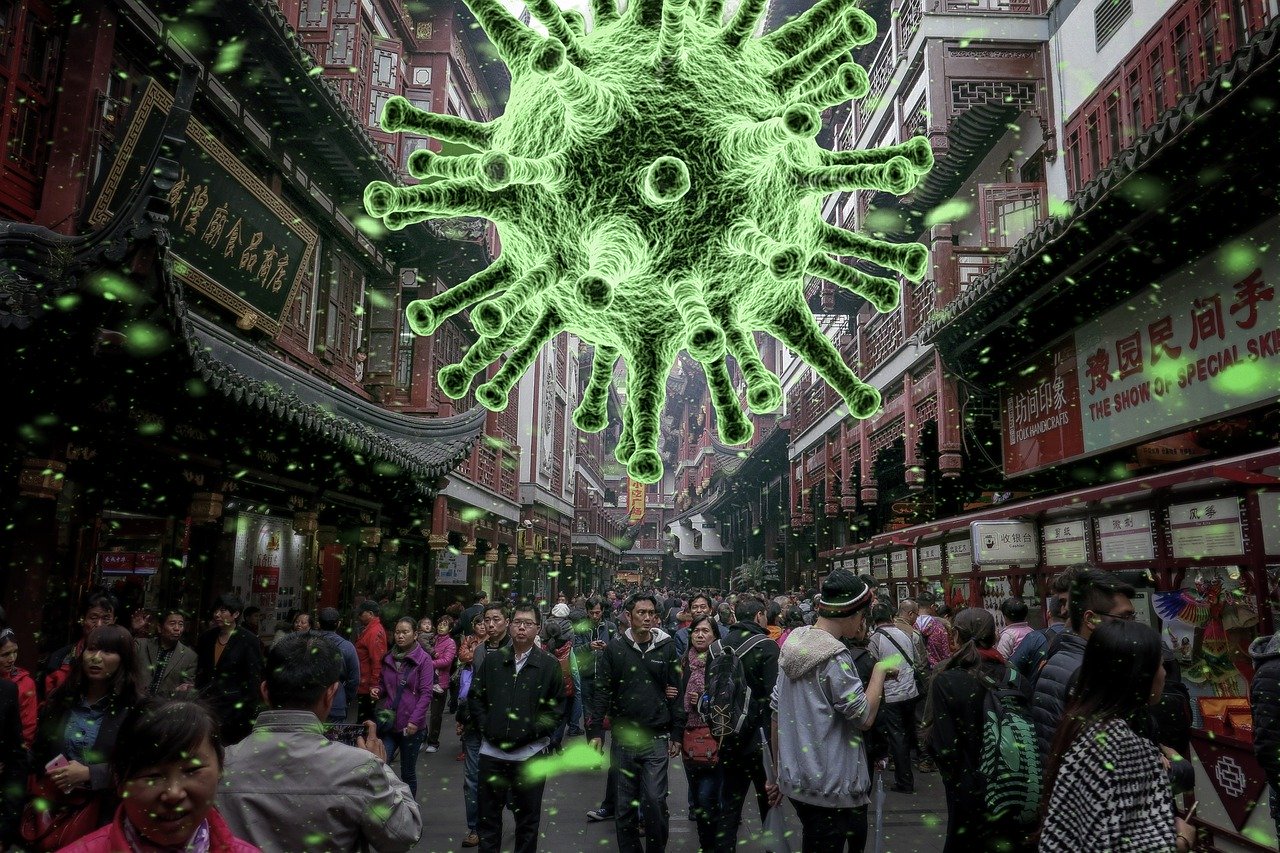
After a four-week stay in the central Chinese city of Wuhan, the team of experts from the World Health Organization (WHO) made public statements today for the first time on the origin of the coronavirus pandemic. It had visited the market where the novel virus was first detected in late 2019, the Wuhan Institute of Virology, which was involved in the research, and visited several hospitals.
According to the investigation, the virus could have jumped from animals to humans, but an animal host has yet to be identified, said one of the experts. Bats and pangolins are potential candidates. However, research must focus on how the virus circulates in animals before humans are infected, the expert said. A virus that can trigger a pandemic must already be adapted to human contact, he says.
The coronavirus samples found in bats and pangolins are not identical to Sars-Cov-2. The high susceptibility of minks and cats to the virus suggests that there may be other animals that serve as hosts, but research on this is still insufficient. The expert added that the virus could have been spread in other regions before its discovery. There is no evidence of the spread among humans before December 2019 in Wuhan.



